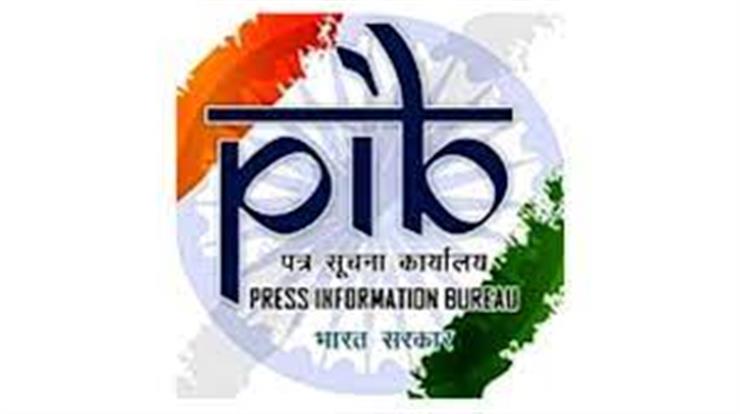The new policy had been in the works for a while and had led to a delay in the renewal of the existing accreditation cards. Under the new policy, journalists working with online platforms will be eligible for accreditation.
New Delhi: Laying down stringent conditions to let a journalist function, the new accreditation policy, announced by the Press Information Bureau and prepared by the Ministry of Information and Broadcasting, has a provision stating that a journalist can lose government accreditation if he or she “acts in a manner which is prejudicial to the sovereignty and integrity of India, the security of the state, friendly relations with foreign states, public order, decency or morality or in relation to contempt of court, defamation or incitement of an offence”.
It has a new section on conditions under which a journalist’s accreditation can be suspended. It has ten points, one of which also mentions that accreditation can be suspended if a journalist is charged with a “serious cognisable offence”. The other conditions for suspension of accreditation include using it for “non-journalistic activities”, has furnished false information, if the organisation the journalist was part of ceases to exist, or the journalist has left the organisation, among others.
Such a criterion was not mentioned in the last policy issued in 2013. The previous policy, under general terms of accreditation, stated that it “shall be withdrawn as soon as the conditions on which it was given cease to exist. Accreditation is also liable to be withdrawn/suspended if it is found to have been misused”.
The new policy had been in the works for a while and had led to a delay in the renewal of the existing accreditation cards. Under the new policy, journalists working with online platforms will be eligible for accreditation.
It has a new section on conditions under which a journalist’s accreditation can be suspended. It has ten points, one of which also mentions that accreditation can be suspended if a journalist is charged with a “serious cognisable offence”.

PIB administrative office Delhi
The other conditions for suspension of accreditation include using it for “non-journalistic activities”, has furnished false information, if the organisation the journalist was part of ceases to exist, or the journalist has left the organisation, among others.
It also prohibits a journalist from mentioning “accredited to the Government of India” on social media, visiting cards or letterheads etc.
Accreditation allows journalists to access government offices in Delhi and is needed for entry to certain events in which the President or the Prime Minister are present.
The new policy, for the first time, has prepared guidelines for the accreditation of journalists working for online news platforms. However, news aggregators will not be considered.
The policy states that the online platform must have existed for over a year, and needs to report the website’s “average monthly unique visitor count of last six months duly certified by the website’s CAG-approved/ empanelled auditors”. A website with 10 to 50 lakh unique visitors per month can get one journalist accredited, while one with over 1 crore unique visitors per month can get four journalists accredited. Journalists working with newspapers, weekly or fortnightly magazines, news agencies, foreign publications, TV channels or agencies, and Indian TV news channels are also eligible for accreditation, based on the size of each platform.
There are 2457 PIB accredited journalists at the moment. Apart from journalists working with the organisations mentioned, freelancers with over 15 years of experience, and veteran journalists with over 30 years of experience, over 65 years old, with a “publicly acclaimed distinguished career” are also eligible.